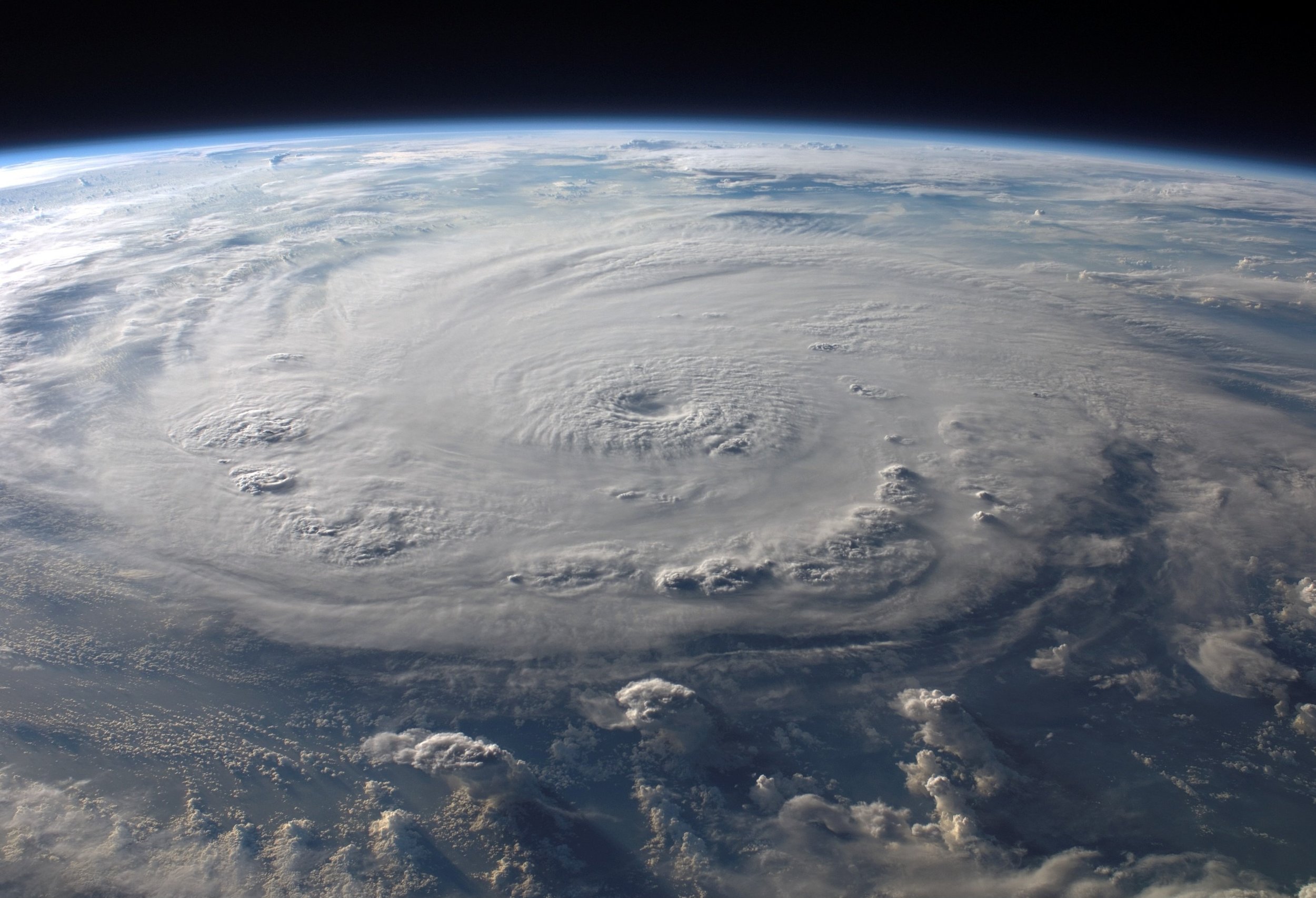With all the hurricanes and earthquakes that have been happening in parts of North America in the last few months, people are suffering due to being displaced and losing homes, property, loved ones, and other unpleasant consequences from these natural disasters. Getting on with life can be very difficult and arduous, to say the least. What often gets overlooked in these situations is the emotional suffering that can make things even harder for someone who has been victimized by these horrific events. If you or a loved one has experienced one of these, you may need trauma therapy.
Trauma Therapy is a Big Part of Recovering, From the Inside Out
If you’ve been affected by a natural disaster, the natural inclination is to go about your business in rebuilding and ‘getting back to normal.’ Part of ‘getting back to normal,’ if it can even be something that is realistically attainable can involve trauma therapy. Of all the efforts to help people that can make the most lasting difference in addition to the kind words and deeds of members of the community is to give you a chance to not have to keep reliving the memories and feelings associated with these potentially haunting events. Trauma therapy can do just that. It not only takes care of the emotional and mental toll of the disaster, but it helps to free up energy so you can go back to the task of rebuilding your life.
There’s Nothing About Being Traumatized That Has Anything To Do with Being Weak
If you’re experiencing trauma after Hurricanes Harvey or Irma, or if you’ve been caught in the earthquake in Mexico; you have survived something truly horrific. Just because you may have trauma from these events is in no way a sign of weakness. It’s not unlike an oyster that gets a particle trapped inside it with the memories of these events with respect to how your brain functions. In reliving these events the brain is searching for a way to deal with them and make sense of them. Trauma therapy provides a way to help get these irritants out of the brain and the feeling life so that you can heal and what was something awful can be transformed. Maybe not into a pearl, but definitely into something that will help you instead of harm you.
You Owe It To Yourself to Get Trauma Therapy
In the same way someone who’s home has been flooded by a hurricane would clean and repair their home afterwards, you can get trauma therapy to help make something that has been horrible for you mind and emotions into something livable again. As I mentioned earlier, trauma therapy is designed to take memories that are continuing to haunt your mind and either re-work them into something that is no longer toxic to the brain, or to deactivate them so far as they trigger unpleasant feelings for you. This can be essential to regaining your functioning and being able to ‘get on with your life’ as most people talk about after natural disasters like the ones we’ve experienced in parts of the continent this year. Both EMDR (Eye Movement Desensitization and Reprocessing) and Image Transformation Therapy (ImTT) serve this purpose. The hurricane is the outer event, and trauma is the inner event. The hurricane always passes, but for so many people the trauma lives on. This is totally unnecessary as long as one is willing to get the help they need to recover.
How I Can Help
I have been helping people overcome the effects of trauma for over 5 years now, and can assure you that there is something I can help you with in terms of getting your life back on track if you’ve suffered trauma from natural disasters. I have seen how so many people get better with the treatment methods I use that I know the same can be true for you. The advantage of working with natural disasters is that you and I both know what the cause of the trauma is, and that can be of enormous help in getting past it. If you, a friend, or a loved one is suffering from trauma related to these natural disasters, I encourage you to give me a call at 512-648-3053 and let me talk to you about how I can help. If cost is an issue, I’m happy to talk about my sliding scale rates and work with you to help make sure you get the help you need. You can also email me at scott@scottkampschaeferlcsw.com to find out more about how I might be of help.
About the author: Scott Kampschaefer, LCSW is a private practice therapist in Frederick, Maryland. He has an extensive background in working with depression, anxiety, and bipolar disorder at a clinic for older adults with these disorders in Austin. He now works with adults and adolescents of all ages in private practice.
Visit our page on trauma therapy to learn more about how Scott can help you with trauma.

